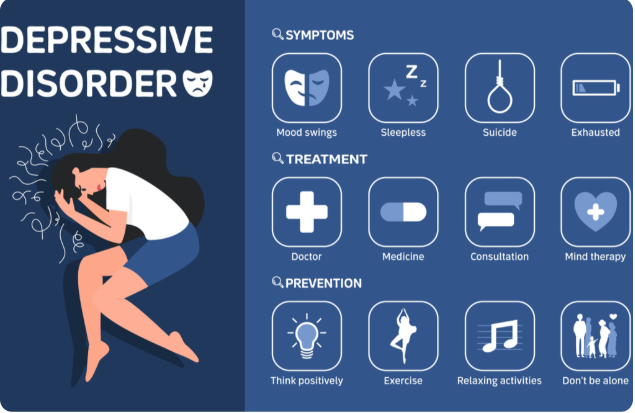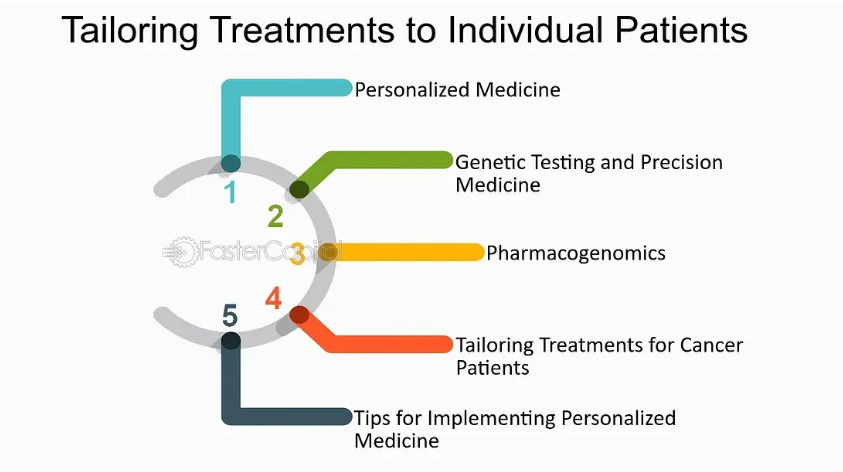
Identifying MDD
Major Depressive Disorder (MDD) affects not only a person’s mood but also their energy levels, motivation, and ability to carry out everyday tasks. People with MDD may struggle with concentration, experience changes in sleep or appetite, and withdraw from social interactions. These symptoms can create a cycle that makes recovery feel even more difficult. Without proper treatment, MDD can interfere with work, relationships, and physical health. Early diagnosis and comprehensive care are crucial for managing symptoms and improving quality of life.


Diagnostic Process
We begin by conducting detailed clinical interviews to fully understand each patient’s emotional and psychological state. Standardized assessment tools are used to measure the severity of symptoms and rule out other possible conditions. This careful process allows us to create a clear and accurate diagnosis of Major Depressive Disorder (MDD). With a precise understanding, we can tailor treatment plans to address each patient’s unique needs and goals. Our thorough evaluation ensures that no important detail is overlooked in planning effective care.
Tailored Treatment Options
Psychotherapy plays a central role in helping patients explore thoughts, emotions, and behavior patterns that contribute to depression. Cognitive Behavioral Therapy (CBT) helps individuals develop healthier thinking habits, while interpersonal therapy focuses on improving relationships and communication skills. In cases where symptoms are severe, carefully selected antidepressant medications may also be recommended. Throughout treatment, we work closely with each patient to ensure they feel empowered and supported in every decision. Our goal is to create a collaborative, flexible plan that leads to lasting recovery.


Supportive Care and Follow-Up
We understand that healing from depression takes time and ongoing effort. Our team stays actively involved by regularly checking in on each patient’s progress and emotional well-being. If symptoms change or new challenges arise, we adjust the treatment plan to keep care aligned with the patient’s needs. Through continuous support, encouragement, and guidance, we help individuals stay motivated on their path to recovery.
